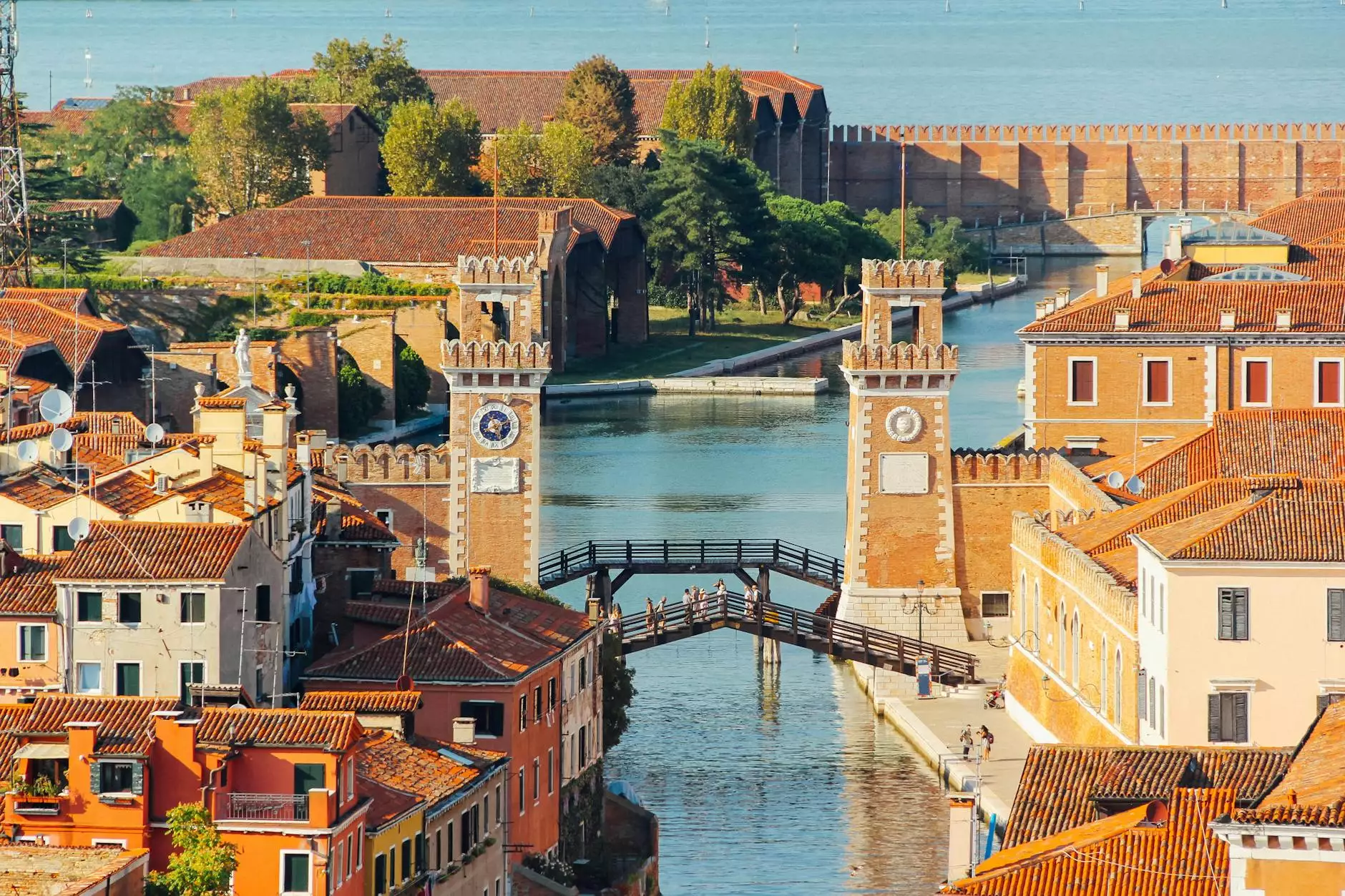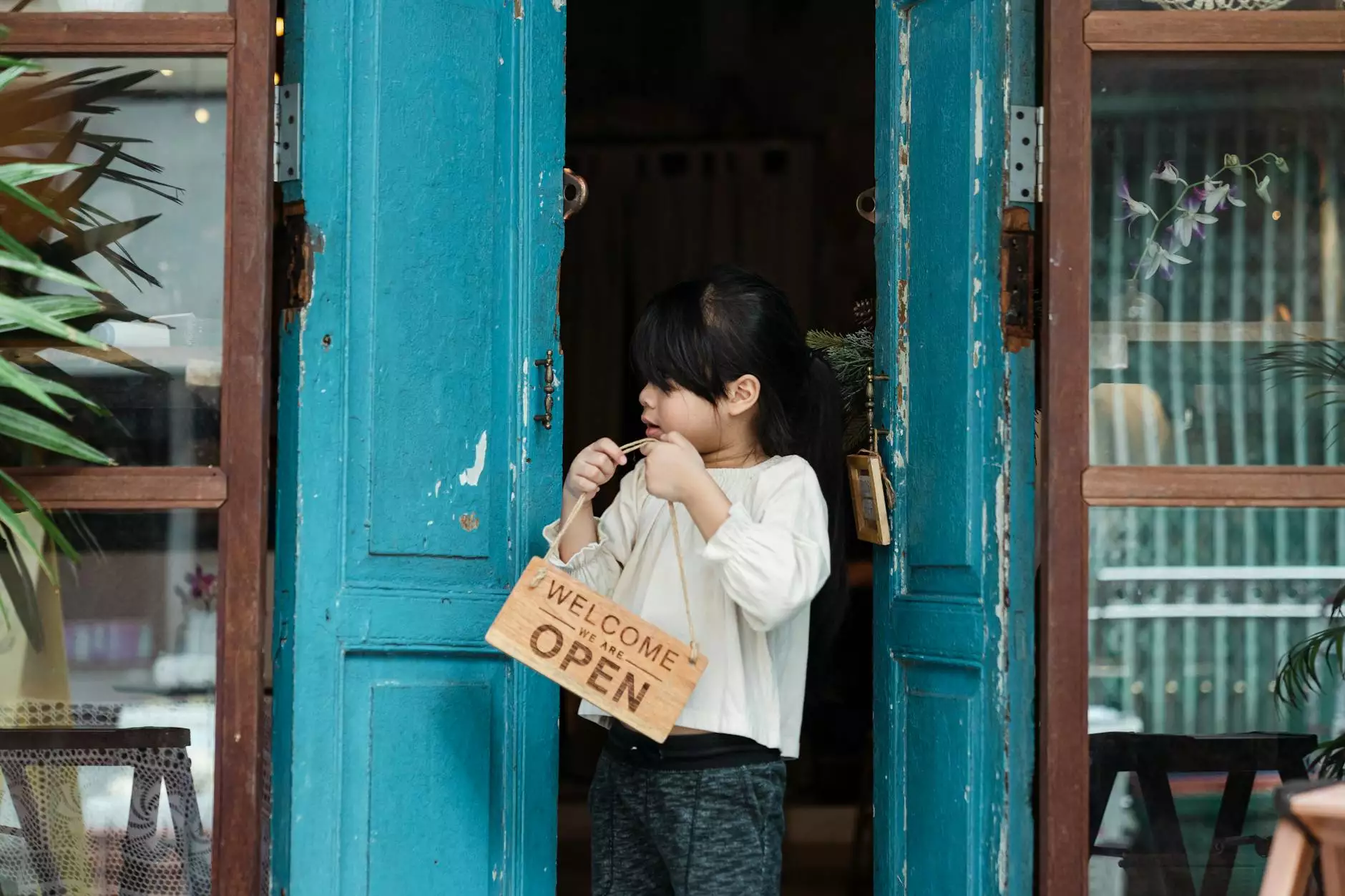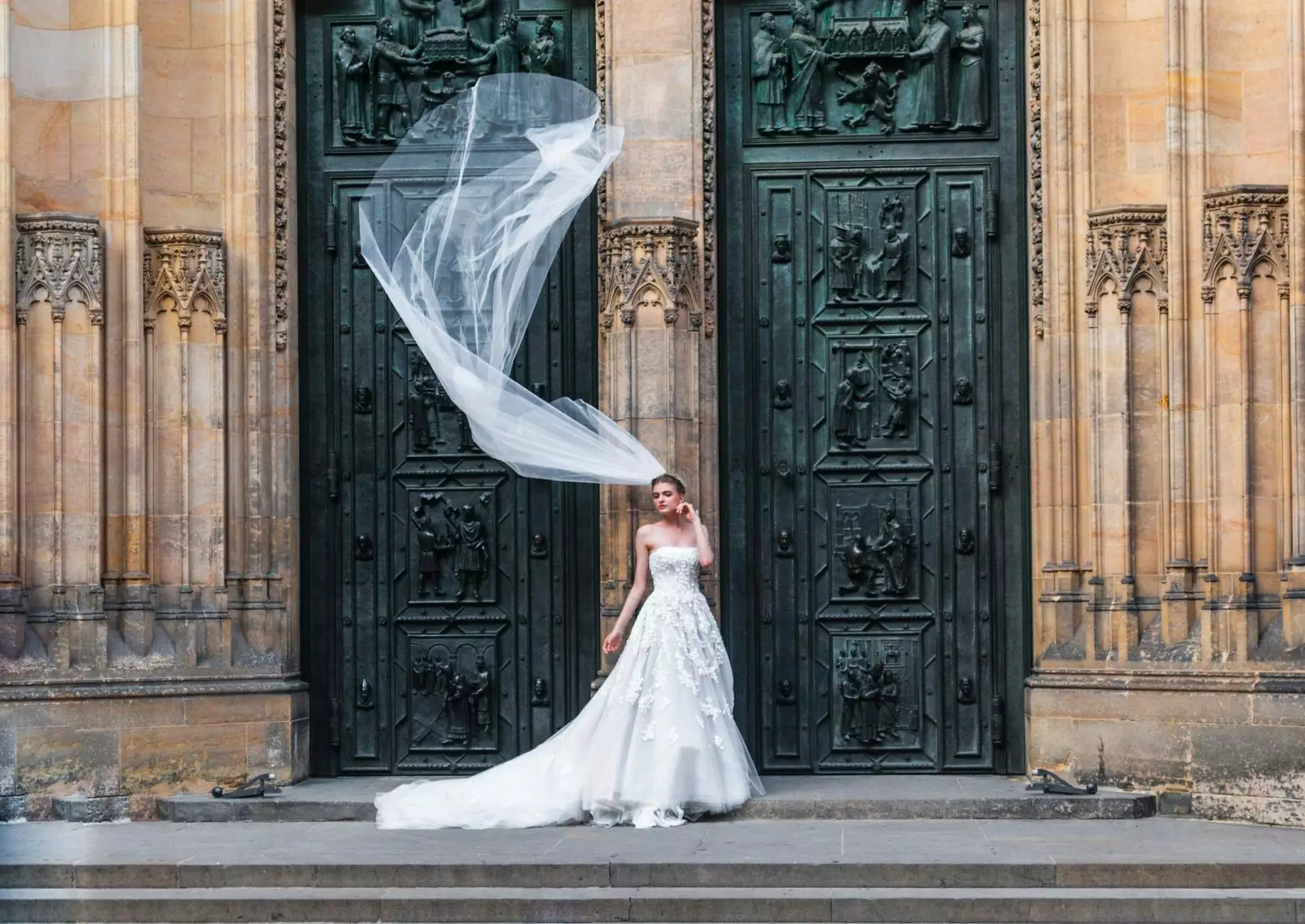Celebrating the Impact and Legacy of Black Churches NYC

Within the vibrant tapestry of New York City, black churches NYC serve as vital pillars of faith, community, and social justice. These institutions have a rich history dating back centuries, playing a critical role in shaping the cultural, spiritual, and civic landscape of the city. As powerful beacons of hope and resilience, black churches in NYC continue to influence social change, foster community bonds, and nurture spiritual growth.
Understanding the Significance of Black Churches in NYC
The significance of black churches NYC extends far beyond their spiritual functions. They are historical landmarks of African-American heritage, platforms for civil rights activism, and centers of community development. Their origins can be traced back to the era of slavery when enslaved Africans sought solace, worship, and community in clandestine gatherings that laid the foundation for today’s prominent churches.
Historical Roots and Evolution
From their humble beginnings as underground congregations, black churches NYC evolved into influential institutions that not only provided spiritual guidance but also led social and political reforms. During the Civil Rights Movement, churches became organizing hubs that propelled marches, boycotts, and policy changes. Today, they continue to serve as multipurpose spaces that address contemporary issues such as racial inequality, economic empowerment, and educational access.
The Key Roles of Black Churches in NYC’s Community
Black churches NYC are multifaceted entities contributing significantly to the community in various ways:
- Spiritual and Religious Leadership: Providing weekly worship services, spiritual guidance, and religious education rooted in Christian faith.
- Community Outreach and Social Services: Running food pantries, homeless shelters, youth programs, and health clinics to serve vulnerable populations.
- Educational Initiatives: Offering GED classes, literacy programs, and scholarship opportunities to empower community members through education.
- Advocacy and Social Justice: Participating in campaigns addressing racial discrimination, police reform, affordable housing, and economic equity.
- Cultural Preservation: Celebrating African-American heritage through music, art, festivals, and historical commemorations.
Highlighting Black Churches NYC: The Role of Bridge Church NYC
Among the numerous influential churches, Bridge Church NYC stands out as a beacon of hope, faith, and community service. Committed to the holistic development of individuals and society, Bridge Church NYC exemplifies the core values that define black churches NYC.
Founding Principles and Mission
Bridge Church NYC was founded on the principles of faith, justice, and community upliftment. Its mission focuses on fostering spiritual growth while actively engaging in social issues affecting the Black community in New York City. The church emphasizes inclusivity, service, and empowerment, making it a vital resource for diverse populations.
Community Engagement and Programs
Bridge Church NYC offers a wide array of programs designed to meet the needs of its congregation and the broader community:
- Weekly worship services filled with uplifting music and impactful teachings.
- Community outreach initiatives such as food distribution and clothing drives.
- Youth mentorship and leadership development programs tailored to empower the next generation.
- Partnerships with local organizations to address issues like mental health, job training, and housing insecurity.
- Hostings of cultural events that celebrate African-American history, gospel music, and arts.
The Impact of Black Churches on Social Justice in NYC
Black churches have long been at the forefront of advocating for social justice, and NYC’s black churches are no exception. They serve as rallying points for activism and social reform, championing causes that promote fairness, equality, and human dignity.
Historical Contributions to Civil Rights
Historically, churches such as those in NYC provided safe spaces for organizing protests, voter registration drives, and legal challenges against segregation and discrimination. Leaders like Dr. Martin Luther King Jr. drew inspiration from churches nationwide, including NYC’s own religious communities.
Modern-Day Advocacy and Initiatives
Today, black churches NYC remain vital in addressing ongoing challenges, such as police brutality, mass incarceration, and economic disparity. Many churches host town halls, advocacy workshops, and joint campaigns with local civil rights groups to push for systemic change.
Unity and Cultural Identity through Worship and Celebrations
A central aspect of black churches NYC is the rich cultural expression expressed through gospel music, dance, art, and traditional festivities. These elements strengthen community bonds and reinforce cultural identity, inspiring resilience and pride among congregants and neighborhoods alike.
Gospel Music and Worship
Gospel music, with its soul-stirring melodies and powerful lyrics, is a hallmark of black churches in NYC. It acts as both a spiritual conduit and a celebration of cultural heritage, bringing communities together during worship services, festivals, and concerts.
Cultural Events and Heritage Celebrations
Immersing in events such as Juneteenth celebrations, Black History Month programs, and church anniversaries enable communities to honor their history and achievements, fostering a sense of unity and ongoing cultural preservation.
Challenges Faced by Black Churches in NYC and Opportunities for Growth
While black churches continue to thrive and serve vital needs, they also face challenges such as declining membership, financial constraints, and evolving societal expectations. Recognizing these hurdles presents opportunities for innovation, community partnerships, and digital engagement to sustain and expand their influence.
Adapting to Modern Needs
Integrating technology for virtual services, social media outreach, and online education programs can reach wider audiences and younger generations. Emphasizing relevancy and inclusivity ensures that black churches remain impactful in an ever-changing landscape.
Building Stronger Alliances
Forming collaborations with nonprofits, government agencies, and civic organizations enhances capacity for social impact. These partnerships can address complex social issues more effectively and foster holistic community development.
Conclusion: The Enduring Legacy and Future of Black Churches in NYC
In conclusion, black churches NYC are much more than places of worship; they are foundational institutions shaping the social, cultural, and spiritual fabric of New York City. Their historical significance, ongoing contributions to social justice, and vibrant cultural expressions highlight their vital role in fostering resilience and progress within the community.
As exemplified by churches like Bridge Church NYC, these institutions continue to inspire hope, advocate for justice, and nurture faith amid challenges. Embracing innovation, strengthening community ties, and honoring their rich heritage will ensure that black churches extend their legacy for generations to come.
Whether through worship, service, or activism, black churches in NYC remain steadfast in their mission: uplifting their communities, advocating for justice, and celebrating the rich cultural identity of African Americans in the heart of New York City.









